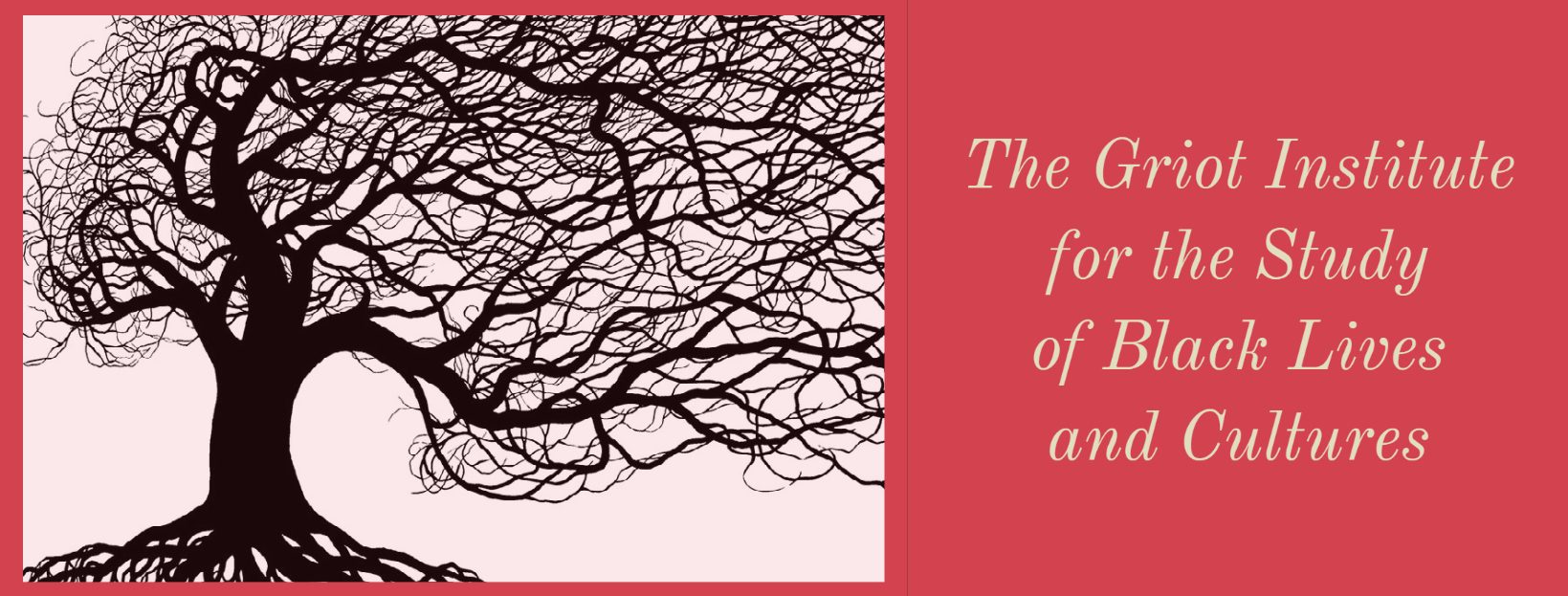
Bucknell welcomed Erica Dunbar, a professor at Rutgers University. She has a background in
history and African studies at the University of Pennsylvania. She joins the Griot Series Lineup
for this year’s theme of Black Joy. Her lecture was on Black History through the lens of joy and
happiness as a tool for revolt. Her focus on joy is not to negate or discard the horrors and
trauma from slavery, segregation, and today’s fight for equality. Instead, she wants us to look at
joy as a central feature of Black Life, Resistance, and Survival. To experience joy under the
most oppressive societies is a remarkable form of resistance and must be included in the study
of Black America.
Dunbar knew in college that she was interested in the US history that socialized Black people
during her time in grad school. She focused on black women’s history in the 18th and 19th
periods because it was under-researched. This subfield didn’t exist until the 1980s, so it was
relatively young, leaving the door open for her to get cutting-edge research done. Of course,
that did not mean it would be easy. She found it difficult to find traces of documents where Black
people were centralized, but she continued to dig. She had to get methodologically creative but
was committed to looking for needles in haystacks, and moments during slavery were often
more complicated as slaves were excluded from the archives, especially concerning happiness
and celebrations. As she moved out of the period of slavery, she began to research the
quotidian aspects of life, including birth and marriage documents. In these moments, Black
people carved out enjoying fulfillment for themselves fishing. Eating with family could be seen
as an act of autonomy and resistance. She is committed to continuing her study of the 19th
century as she believes there is a need for more production of Black women’s history. She is
interested in getting younger kids involved in studying it and installing specific curriculum 2K
through 12 schools. She thinks it’s the responsibility of historians to reach all audiences, which
is why she started writing for younger computers, including tools for teachers.
I mentioned whether or not the current fascism and silencing of Critical Black Studies
nationwide worries her. Even today, in 2024, people are trying to control the narrative and erase
others. Dunbar says we know where that leads if we look at history. Imprisoning scholars and
censoring textbooks disturb her, but she doesn’t write with fear. There’s no better time than the
present, and if anything, it incentivizes her and other historians to remember that the research is
a necessity. Overall, she’s invested in the idea of the world experiences of Black life narrative for
us during the past, present, and future.
